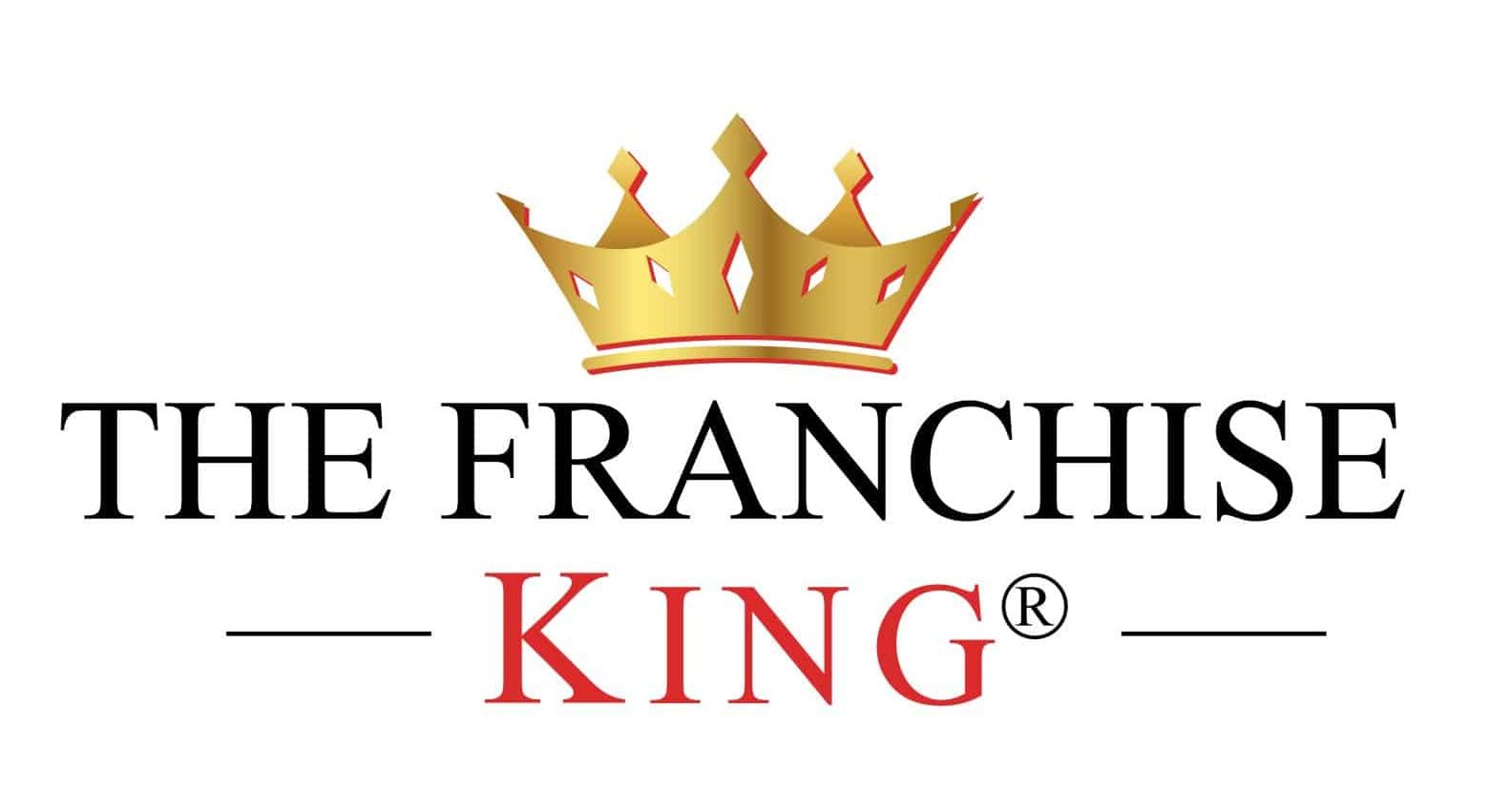
Turning your successful independent business into a franchise isn’t just scaling. It’s entering an entirely different legal and professional universe.
That being said, here’s why you need expert franchise legal counsel from day one.
Key Takeaways
Franchising your business isn’t just expansion.
It’s a fundamental transformation that puts you in one of America’s most heavily regulated industries.
Between federal FTC requirements, state-specific registration rules, and relationship laws that vary by jurisdiction, the legal complexity is substantial.
With those things in mind, a specialized franchise attorney isn’t overhead; they’re a form of insurance that can help prevent costly mistakes before you make your first franchise sale.
Next, your franchise agreement and FDD form the legal backbone of every franchisee relationship you’ll ever have. These documents need to protect your brand standards, preserve your flexibility to grow, and comply with disclosure requirements while still being attractive enough to sell.
In my experience, generic templates and “general” business attorneys miss the important nuances that experienced franchise counsel builds in from day one.
Bottom Line?
Think of franchise legal counsel as risk insurance with a massive ROI. The attorney fee you invest upfront protects you from registration failures, franchisee lawsuits, FTC enforcement actions, and territorial disputes that can cost hundreds of thousands to resolve.
After all, your business model got you to this point. Specialized legal expertise gets your franchise system launched correctly and positioned for sustainable growth.
And now for more specifics on why aspiring franchisors need a great franchise attorney.
The 10 Reasons Why Future Franchisors Need to Hire a Seasoned Franchise Lawyer
1. FDD Compliance Is Non-Negotiable
The Franchise Disclosure Document isn’t a suggestion.
It’s a federally mandated legal document with 23 specific items that must meet FTC requirements. One missing element or misrepresentation can derail your entire franchise launch. Seasoned franchise attorneys know exactly what belongs in each section.
2. State Registration Requirements Vary Wildly
Fourteen states require franchise registration before you can sell a single franchise.
Specifically, each state may have different requirements, timelines, and fees. Your attorney navigates this maze so you don’t accidentally violate state law by selling in the wrong jurisdiction.
Use The Franchise Attorney Directory to Find a Local Attorney
3. Franchise Agreements Protect Your Brand
Your franchise agreement is the foundation of every franchisee relationship.
That’s why it needs to balance franchisee rights with your ability to maintain brand standards, terminate underperformers, and protect intellectual property. Generic templates won’t cut it. Ever!
4. Relationship Laws Can Blindside You
Many states have franchise relationship laws that restrict your ability to terminate agreements, require renewals, or mandate specific processes.
For example, what works in Texas might be illegal in Wisconsin. Your franchising attorney structures agreements that work nationwide.
5. Earnings Claims Require Precision
Want to tell prospects how much they can make?
If that’s the case, Item 19 earnings claims must be substantiated, accurate, and properly formatted. If you exaggerate or misrepresent financial performance, and you’re facing serious legal exposure.
6. Intellectual Property Must Be Bulletproof
Your trademarks, trade secrets, and proprietary systems are your franchise’s value.
Seasoned franchise attorneys ensure your IP is properly registered, protected in agreements, and defensible if franchisees go rogue or competitors copy your model. Remember, this is YOUR idea. Your concept.
7. Territory Rights Need Clear Definition
Ambiguous territory language creates conflict.
So, with your help, have your franchising attorney define exclusive territories, protected territories, and reservation of rights in ways that prevent franchisee disputes while preserving your flexibility to grow.
8. Financial Structuring Affects Everything
How you structure fees—initial franchise fees, royalties, marketing contributions—has legal, tax, and relationship implications.
Having experienced counsel helps you design a fee structure that’s competitive, compliant, and profitable. Because you don’t need (or want) franchisees fighting over territory.
9. Supplier Relationships Carry Risk
If you require franchisees to purchase from specific suppliers, or if you receive rebates, disclosure and structuring requirements apply.
Your attorney can help ensure supplier arrangements don’t create legal vulnerabilities for you and your business.
10. Exit Strategy Matters From Day One
Whether franchisees want to sell, you want to buy back units, or disputes arise, transfer and termination provisions determine your options.
Experienced franchise lawyers will draft agreements that give you control over your system’s future.
Find an Experienced Franchise Attorney to Help You Launch Your Franchise Business Concept The Right Way
Franchising is one of the most regulated business models in America.
The cost of getting it wrong, failed registrations, lawsuits, FTC enforcement, far exceeds the investment in experienced franchise legal counsel. Find an attorney who specializes in franchising, not one who handles it occasionally.
Remember: Your business success got you here. Legal expertise gets your franchise business launched correctly.
FAQ’s: Franchising Your Business and Legal Requirements
You could, but you shouldn’t. Franchising operates under specific federal and state regulations that most general business attorneys rarely encounter. Franchise specialists understand the nuances of FTC compliance, state relationship laws, earnings claims requirements, and territory structuring that generic attorneys typically miss. The expertise gap can create costly problems down the road.
From starting the legal documentation process to being ready to sell franchises, expect 4-6 months minimum. This includes drafting your FDD and franchise agreement (6-8 weeks), obtaining state registrations where required (2-4 months), and ensuring all intellectual property protections are in place. Rushing this process to save time usually creates problems that take even longer to fix.
Before you sell your first franchise. Ideally, bring in franchise legal counsel when you’re seriously considering franchising but before you’ve made promises to potential franchisees or created any documentation. Early involvement ensures your entire system launches correctly rather than trying to retrofit legal compliance onto an already-operating franchise that may have serious problems.
Non-compliance can result in FTC enforcement actions, state regulatory penalties, franchisee lawsuits seeking rescission (getting their money back plus damages), and even criminal charges in extreme cases. You could be prohibited from selling franchises, face substantial fines, and damage your brand reputation beyond repair. Compliance isn’t optional—it’s fundamental to operating legally.
About the Author
The Franchise King®, Joel Libava, is a leading franchise expert, author of "Become a Franchise Owner!" and "The Definitive Guide to Franchise Research." Featured in outlets like The New York Times, CNBC, and Franchise Direct, Joel’s no-nonsense approach as a trusted Franchise Ownership Advisor helps aspiring franchisees make smart, informed decisions in their journey to franchise ownership. He owns and operates this franchise blog.
Note: When you buy through links on this website, we may earn an affiliate commission.









